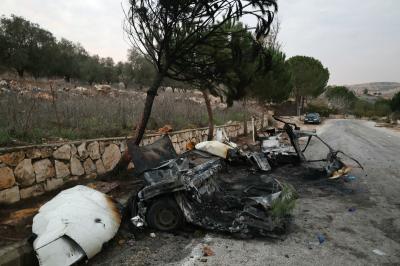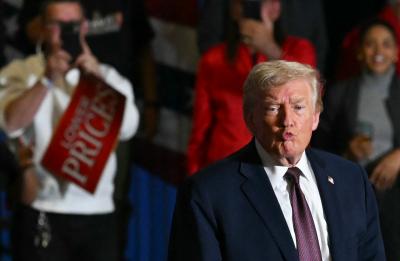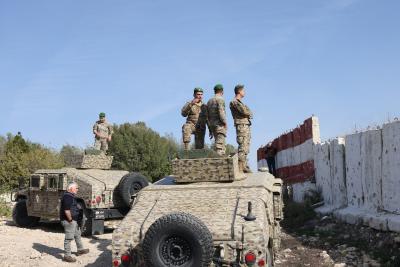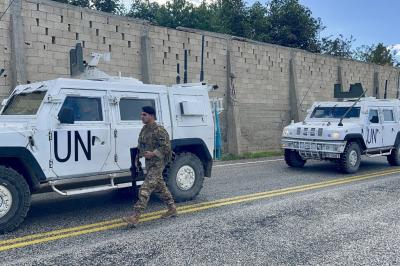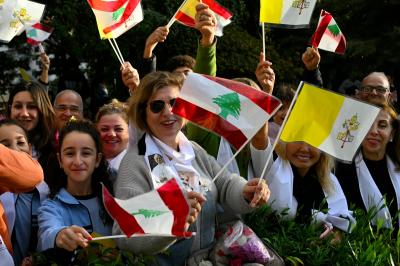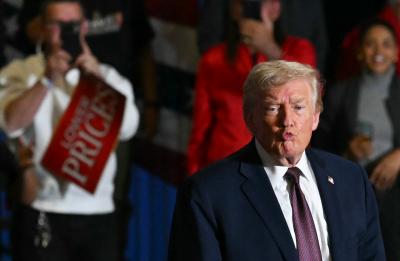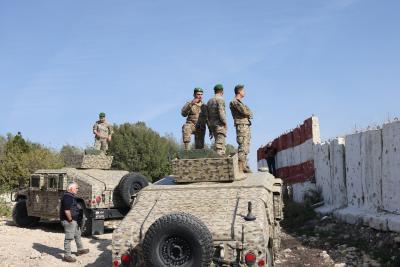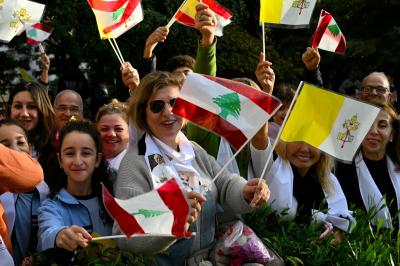The seizure of the western city of Al-Fashir by the Rapid Support Forces (RSF) militia is no mere detail in Sudan’s complex and externally fueled conflict. The capture of North Darfur’s capital reshuffled the cards of the war after many believed stability had returned to government forces backed by key regional powers. The fierce resistance put up by the Sudanese army and its allied Darfuri militias against the RSF highlights Al-Fashir’s strategic value, as its fall would grant the RSF full control over the Darfur region after months of setbacks in the capital, Khartoum.
Yet this major advance cannot be considered a sudden development. The RSF, originally formed in Darfur and once known as the Janjaweed, composed largely of Arab tribes, had long been preparing for this operation. It carried out activities in South Kordofan, located between western and eastern Sudan, while maintaining a deliberate silence in Al-Fashir. The militia exploited tribal tensions and revenge following army operations in Khartoum to strike back, which explains the atrocities that followed.
The United Nations and human rights organizations have labeled these acts as war crimes. It is not the first time such accusations have been made. The administration of former U.S. President Joe Biden accused the RSF of committing acts of genocide, while the United Nations reported widespread sexual violence.
The Darfur crisis itself dates back decades. The roots of Sudan’s political and social turmoil lie in British colonial policies that deepened divisions among the country’s political, regional, and ethnic groups. These policies created injustices that Darfur came to symbolize, and successive post-independence governments ignored them or even reinforced them. Over time, these tensions erupted into wars, as numerous and complex factors intertwined to produce today’s catastrophic reality in all its social, economic, and political dimensions.
Many forget that Darfur holds vast natural wealth, including gold and rare minerals. With foreign backing, it was natural for the militia’s leader, Mohamed Hamdan Dagalo, known as Hemedti and supported by the UAE, to resume fighting and reject his defeat in Khartoum. He exploited the army’s complacency, its overconfidence, and focus on the capital, even as its barracks in Al-Fashir were besieged and its local support eroded.
The recent developments cannot be described as a dramatic turnaround either. The RSF still faces an ideologically driven national army and a broad Arab and regional coalition, including Egypt, Turkey, Iran, and Saudi Arabia, despite their differing agendas. Meanwhile, the RSF enjoys support from regional players such as Chad and certain Libyan factions and maintains ties with cross-border movements.
It appears that the RSF has learned from past losses, shifting from defense to attack, and is now better armed, organized, and funded than ever before. Once, its fighters rode horses and camels, but today they move in armored vehicles and pickup trucks. In the past, they burned villages, but now they shell them with heavy artillery and use advanced drones.
Global Indifference and the Absence of Mediation
What remains unchanged between the past and the present is the massacres themselves. The crisis has become the world’s worst humanitarian disaster amid near-total international indifference, while neither of the two warring sides appears capable of securing a decisive victory. The army holds the north and central regions, including the capital, while the RSF, having lost the east, is determined to endure. Its recent victories may open doors for renewed expansion, and the RSF will not halt its advance since Hemedti’s fate is at stake.
Before the war, Hemedti portrayed himself as a nationalist and even a democrat rebelling against decades of military dictatorship and Islamist rule. He went on to announce his own parallel government based in Nyala, South Darfur. Today, he seeks a stronger negotiating position based on his military gains, one that would cement his legitimacy in any future political order. He rejects portrayals of himself as divisive or war-hungry, instead presenting himself as a man of peace.
Meanwhile, General Abdel Fattah al-Burhan, head of the Transitional Sovereign Council and commander of the army, who has made the coastal city of Port Sudan his temporary capital, implicitly acknowledges his defeat in the west, viewing Al-Fashir’s fall as a sign of the collapse of central authority in that region. However, what Burhan refused to concede in a stronger position, he is unlikely to accept now. His negotiating ceiling remains higher than that set by the RSF.
He may take comfort in the fact that the RSF is unlikely to gain full control of North Kordofan or expand eastward, as such a move would stretch its supply lines and expose its forces across vast and vulnerable terrain. The RSF has been targeting Al-Obeid, the capital of North Kordofan, to prevent it from aiding other government forces, while intensifying pressure on besieged areas in South and West Kordofan to expand its control gradually.
Overall, from a strategic standpoint, the RSF now controls nearly all of Darfur and most of Sudan’s western states. It also holds parts of the border with Libya, the entire frontier with Chad and the Central African Republic, and part of the border with South Sudan. Yet it remains weaker than the government forces, which themselves have failed to achieve a decisive victory.
As a result, the situation appears headed toward a deadly stalemate, a war with no horizon and no effective mediation. As for Washington’s position, on which many had pinned hopes, President Donald Trump’s adviser for Africa, Massaad Boulos, attempted to bridge the divide without success. His focus on the UAE, Egypt, and Saudi Arabia raised questions about the U.S. administration’s seriousness in pursuing peace compared to its predecessor.
The ongoing and expanding conflict raises profound questions about Sudan’s fate as a state, the third-largest country in Africa, whose future now hangs between paralysis and exhaustion, with national unity under grave threat.
Please post your comments on:
[email protected]
 Politics
Politics
